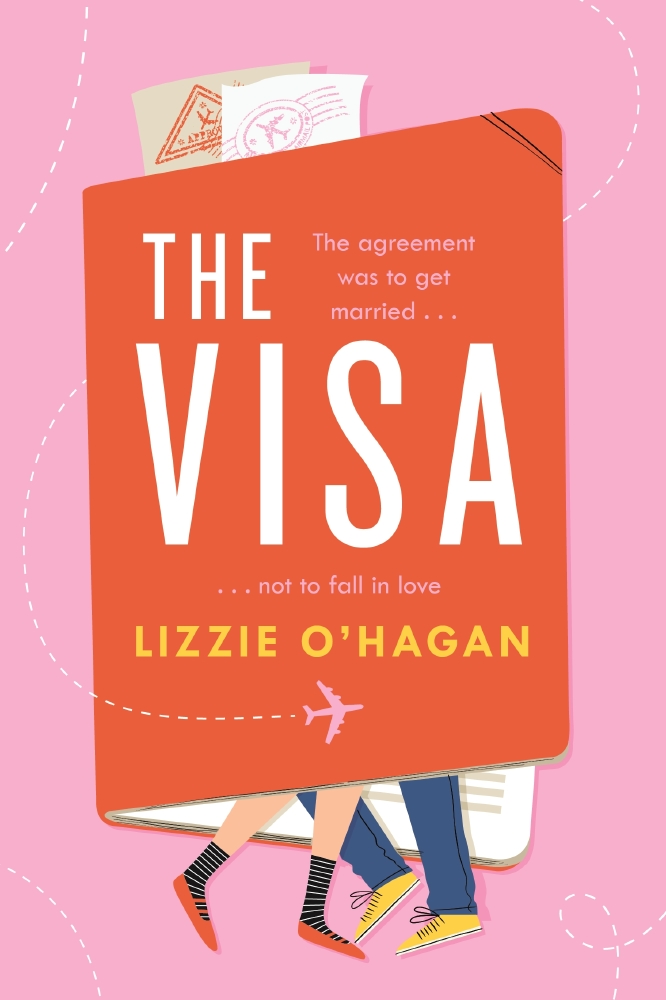‘You can’t marry a man you’ve just met.’

Lizzie O'Hagan by Juliet Trickery
If, like me, you spend an inordinate amount of time falling into social-media-cyclones, you’ve probably seen this meme: a sassy still of Frozen’s Elsa saying these iconic words to her sister (set alongside images of Disney princesses of old, writhing in devastation hoping that one day their prince will come). Celebrating the shift away from the fiancé-at-first-sight storyline, the meme reads: ‘That is why Elsa is a Queen and the rest are Princesses.’
Like many nineties’ kids, I grew up on Disney princesses and sugary sweet rom coms. From the meet-cutes to the glow-up montages to the happily-ever-afters, I lapped them up. That was, until I found myself in my late twenties swiping left and right through topless gym shots and ‘down for a good time’ messages wondering what wrong turn my prince could have possibly taken upon his quest to find me. It was from this place of unmet expectations that I started to write my first ever romcom about a feisty female learning to let go of her picture-perfect life plans and instead embrace her happily-ever-now. I wanted to write stories that would resonate with the readers of today, that felt more real than princes, steeds, and sunsets.
You can imagine my surprise then when I first got the idea for The Visa. Not only has the married-for-a-green-card storyline been done before, but I knew that my feisty female protagonist, Maya, was about to break the very command of our beloved new-age Disney queen: she was about to marry a man she had just met. And yet, I was determined that this wasn’t going to be a love-at-first-sight journey for the newly wed Maya and Jack.
One of my favourite scenes in The Visa is where we see Jack and Maya debriefing after their dates that evening, both drowsy with drink and sleepy from London’s perpetual sunshine (I promise, heatwaves do happen in rainy-old-Blighty). It’s then that Maya muses: ‘Falling in love sounds like you don’t have a choice in the matter . . . I think if I were to be in love, I’d prefer to grow into it rather than fall into it.’
Don’t get me wrong, part of me loves the idea of falling in love. I spent much of my twenties waiting to feel that sudden swoop of infatuation that I felt as a teenager (mostly for bad boys from the neighbouring town) or that moment of ‘knowing that you know when you know’. But, in a dating culture where you can simply swipe someone away before you’ve even shared one real conversation, I wonder about all the love stories that could grow into something beautiful given a bit more friendship, a bit more trust, a bit more time.
Maya and Jack’s is one such story, where a drunken moment in uni wasn’t enough to ‘know that they know’ but where the subtle intertwining of lives may just see them grow the kind of love that they later choose to keep aflame. After all, their agreement was to get married, not to fall in love . . . but they never said anything about growing into it.


